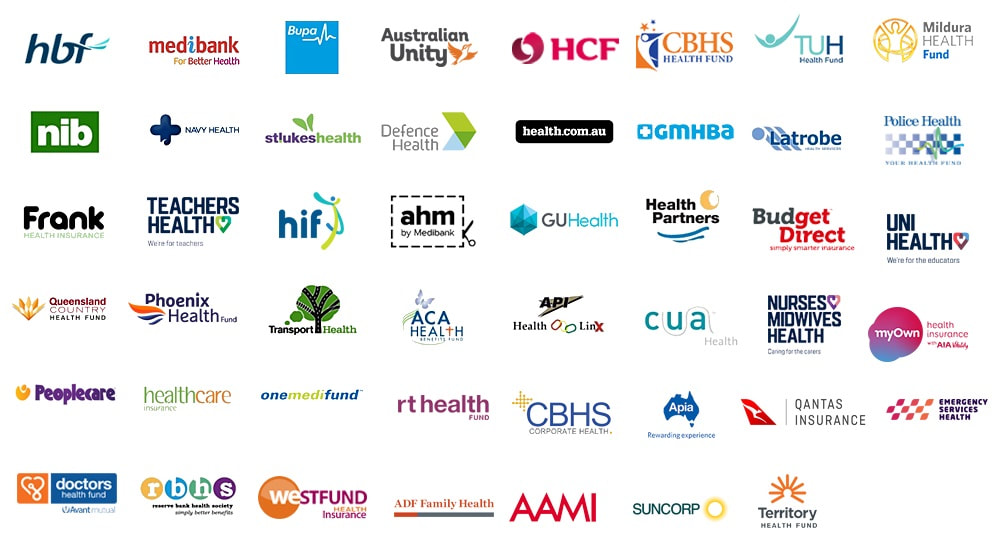Can I Floss After Wisdom Teeth Removal?
If you’ve ever suffered with toothache, there’s a very strong chance that it will have been caused by your wisdom teeth.
Your wisdom teeth are the very last of your adult teeth to come through in the mouth. It can vary, but most people have 4 wisdom teeth at the back of the mouth, made up of 2 on the top and 2 on the bottom.
If you’re dealing with wisdom tooth problems, chances are it’s caused by what is known as an impacted wisdom tooth. This is basically a condition where the wisdom teeth begin to emerge, but run out of space and therefore can’t fully emerge and develop properly.
Impacted wisdom teeth can cause toothache, pain, damage to the gums and surrounding area, and various other dental issues. Usually, if a person suffers with impacted wisdom teeth they’ll have the problem teeth removed surgically by a dentist.
If you’re due to have yours removed, you might be asking ‘can I floss after wisdom teeth removal?’ While also wondering what the recovery process is like. If so, then make sure to read on.
Wisdom tooth removal recovery tips
If your dentist has decided that extraction of the wisdom teeth is the only option, here’s a look at a few things you can do to recover from the procedure much quicker.
Rest
After any surgical procedure, regardless of how invasive it is, you should always rest and recover.
Surgery of any kind is traumatic on the body and mind and in order to recover quicker you will need to rest and relax for a few days. We aren’t saying you should stay in bed and barely move, but just take it easy and obviously don’t do anything to aggravate the teeth and mouth.
Keep your mouth clean
You can obviously eat and drink after having your wisdom teeth removed, but you do need to be careful in terms of oral hygiene.
Gently brush your teeth if your dentist gives the go ahead, and the following day use a saltwater solution to rinse the mouth after every meal. The last thing you want is for bacteria to get into the extraction site of where the tooth was, as this could lead to infection. Keeping the mouth clean obviously reduces the risk of this happening.
Never use commercial mouthwashes as these are too harsh and will cause a great deal of pain.
Don’t touch the extraction site
After having your wisdom tooth/teeth removed, resist the urge to touch the extraction site.
Touching the area where the teeth used to be will be painful, plus there’s also the risk that bacteria on your hands and fingers could get into the extraction site and cause an infection.
Ice the area
Ice is great when used to treat swelling, and with wisdom tooth removal this is no different.
When you get home, apply an ice pack to your cheek where you had the tooth removed and leave it there for 20 minutes. Remove for 20 minutes re-apply for a further 20 minutes, and repeat this process throughout the day.
Keep your gauze clean
To stop the bleeding your dentist will likely ask you to gently bite down on a gauze pad. Do so, and be sure to change the pad throughout the day.
As soon as the gauze becomes saturated with blood and/or saliva, replace it with a clean one.
Use pain medication
Your dentist may prescribe pain-relieving medicine after the procedure, or simply give you advice on what to use.
Wisdom tooth removal can be painful, so use a suitable pain-relieving medication such as Ibuprofen, Aspirin, Paracetamol etc, providing you are medically cleared to do so.
If the pain has not subsided after 3 days, or if it is worse, contact your dentist right away and they will be able to offer help and advice on which steps to take next.
Brushing and flossing after wisdom tooth removal
If you are still asking the question of ‘can I floss after wisdom teeth removal?’ Don’t worry, we’ll get to that shortly.
Like we looked at before, your dentist may give the go-ahead for you to begin brushing your teeth the same night as your operation. If so, use a soft-bristled toothbrush, a mild toothpaste, and brush slowly and gently, especially around the extraction site.
As for flossing, it is recommended you wait 24 hours before you floss. Be sure to avoid to floss gently, slowly, and carefully and of course stay well clear of the extraction site until it has fully healed.
Every person is of course different but we recommend that you avoid the extraction site for at least 3 full days after your procedure when brushing and flossing.
Wisdom teeth bothering you? Book with us today!
If you’re dealing with wisdom tooth pain and discomfort, don’t suffer in silence, get in touch with our experts here at Nedlands Dental and we’ll have you right in no time at all.
From wisdom tooth extraction to tooth whitening and general check-ups, we do it all here at Nedlands Dental so pick up the phone and get in touch with us now.



